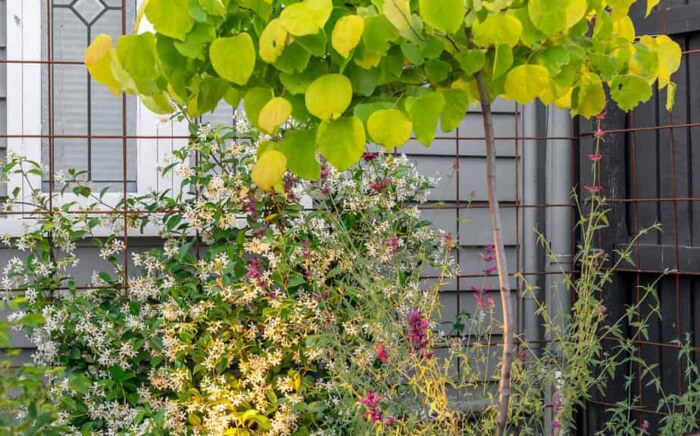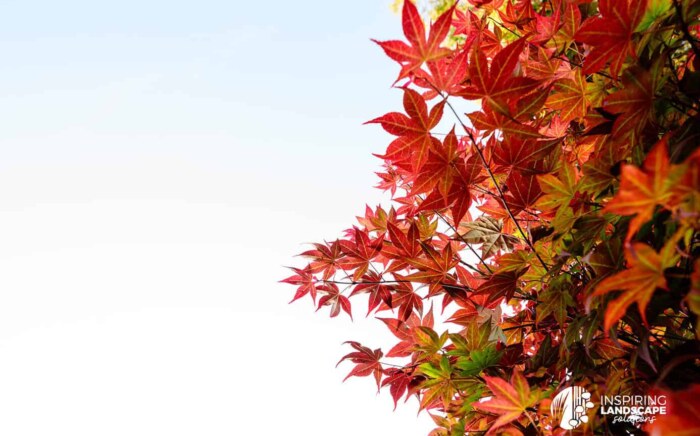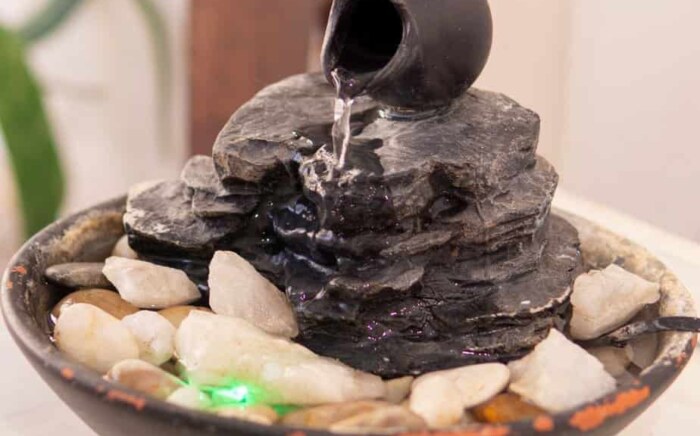In a world where sustainable living and self-sufficiency are gaining momentum, growing your fruit and vegetables has become an increasingly popular endeavour. Not only does it allow you to enjoy fresh, flavourful produce right from your garden, but it also connects you to the natural world profoundly. However, several important things must be considered before diving into gardening. This blog will explore critical factors you should know before growing fruit and vegetables.

Understand Your Climate and Growing Zone
One of the most critical aspects of successful gardening is understanding your local climate and growing zone. Different fruits and vegetables thrive in other conditions, so knowing your hardiness zone and average frost dates will guide your choices.
Additionally, assess your garden’s location in terms of sunlight exposure. Most plants require at least six hours of direct sunlight daily. Some, like tomatoes and peppers, need even more. Choosing the right spot will significantly impact the success of your garden.
Choose The Right Plants
When deciding which fruits and vegetables to grow, consider your family’s preferences, available space, and the sunlight your garden receives. Some plants require full sun, while others tolerate partial shade.
Start with easy-to-grow options that are well-suited to your climate and soil type. Leafy greens like lettuce and spinach, herbs like basil and mint, and tomatoes suit beginners. As you gain experience, you can expand to more challenging crops.


Soil Quality and Preparation
Healthy soil is the foundation of a thriving garden. Before planting, test your soil’s pH, nutrient levels, and texture. Testing your soil before planting can help identify any nutrients that are lacking and allow you to amend it appropriately.
Most crops prefer a slightly acidic to neutral pH (around 6.0 to 7.0) and well-draining loamy soil. Amend your soil with compost, organic matter, and appropriate fertilisers to improve its structure and fertility. Well-prepared soil sets the stage for vigorous, productive plants.
Companion Planting and Crop Rotation
Companion planting involves placing plants that have beneficial relationships next to each other. Some plants repel pests or provide natural shade to their companions, promoting healthier growth.
Additionally, practising crop rotation helps prevent soil-borne diseases and maintains soil fertility. Rotate crops annually to different parts of the garden to avoid depleting specific nutrients and disrupting the life cycles of pests.


Learn About Pest Management
Insects, rodents, and diseases can threaten the health of your plants. Integrated pest management involves using cultural practices, biological controls, and, if necessary, organic pesticides to manage these issues. Regularly inspect your plants for signs of trouble, and take immediate action to address any problems.
Applying natural pest repellents like neem oil or introducing beneficial insects can help maintain a healthy garden ecosystem. For disease prevention, improve air circulation and avoid overhead watering. Remove and destroy heavily infected plants to prevent spreading.
Harvest At The Right Time
Timing is everything when it comes to harvesting. Knowing when to harvest your fruits and vegetables is critical for optimal taste and nutritional value. Different fruits and vegetables have specific signs that indicate they’re ready to be picked, such as colour, size, and texture.
Overripe or underripe produce can affect flavour and texture, so pay close attention to the optimal harvest window for each crop. Research the specific harvesting guidelines for each plant to ensure you pick them at their peak.
Harvesting regularly also encourages continuous production. Use scissors or pruners to cut produce from stems instead of pulling and damaging plants and time planting so your yard supplies a steady harvest for months.

Embarking on the journey of growing your fruit and vegetables can be advantageous, but it’s crucial to approach it with knowledge and preparation. Understanding your local climate, soil quality, and the needs of various crops will set you on the path to success.
As you gain experience and learn from successes and failures, your gardening skills will flourish, and your garden will become a source of pride and sustenance. Each gardening season is an opportunity to learn and improve, and the taste of your homegrown produce will be a testament to your dedication and skill.
Remember, gardening is not just about nurturing plants; it’s also about cultivating a deeper connection with nature and reaping the delicious rewards of your efforts. Embrace the learning process, and enjoy growing your little piece of paradise.




Leave a Comment